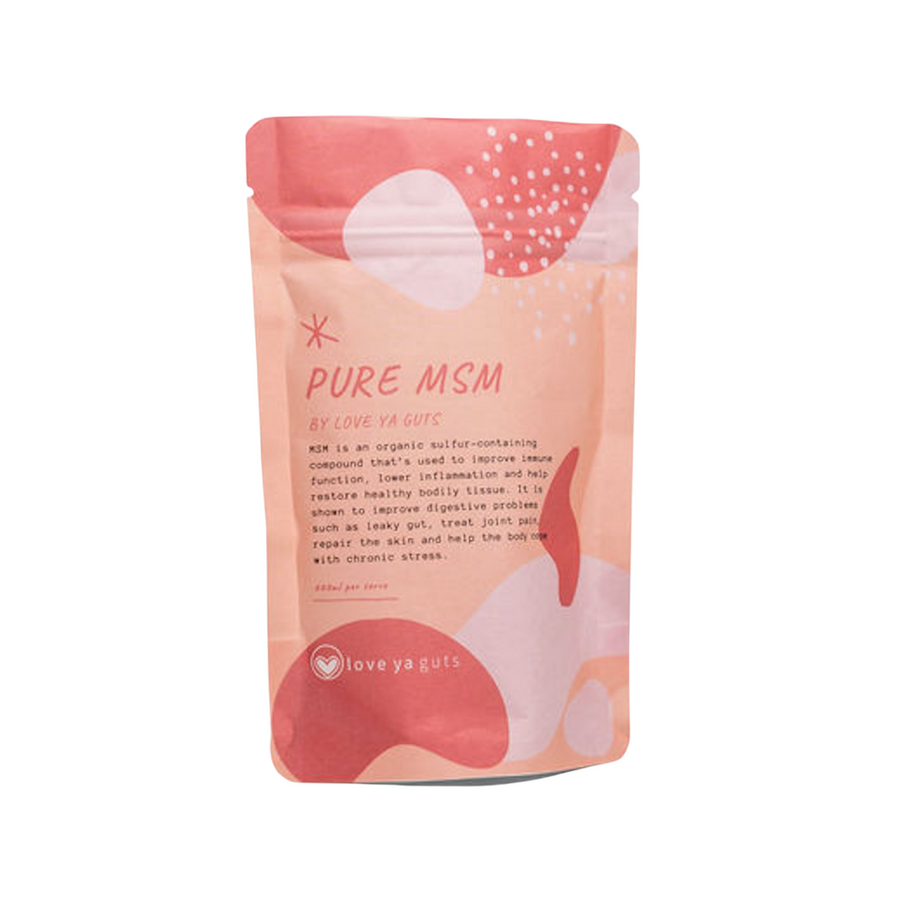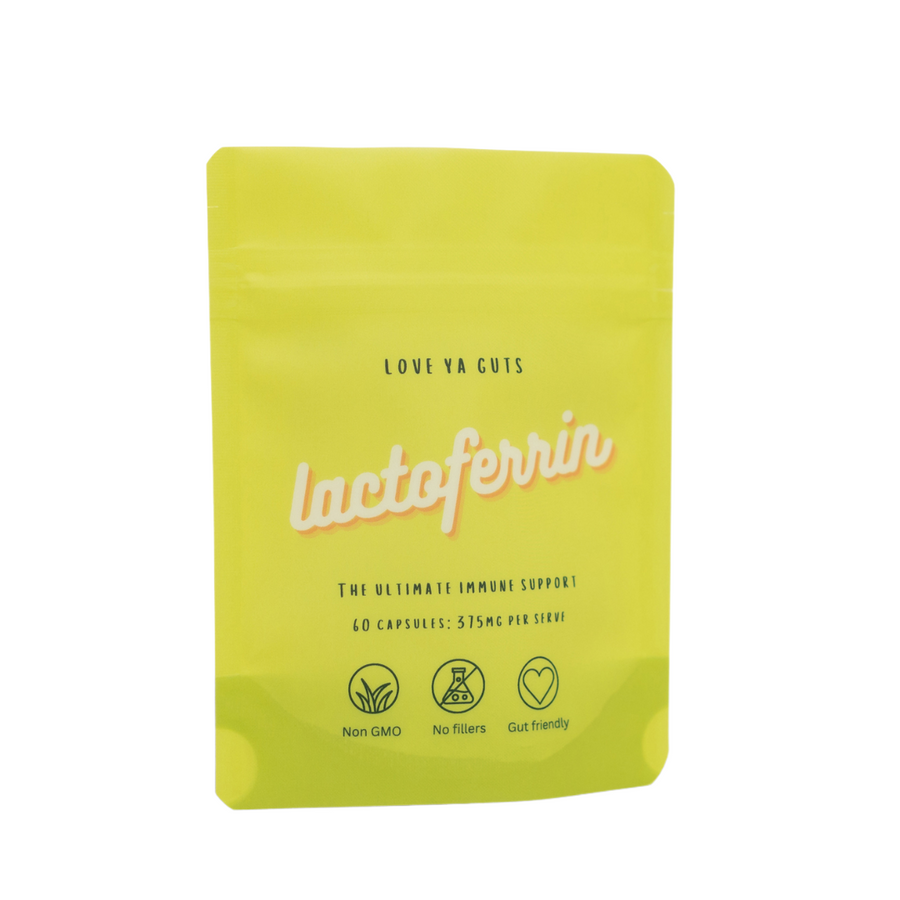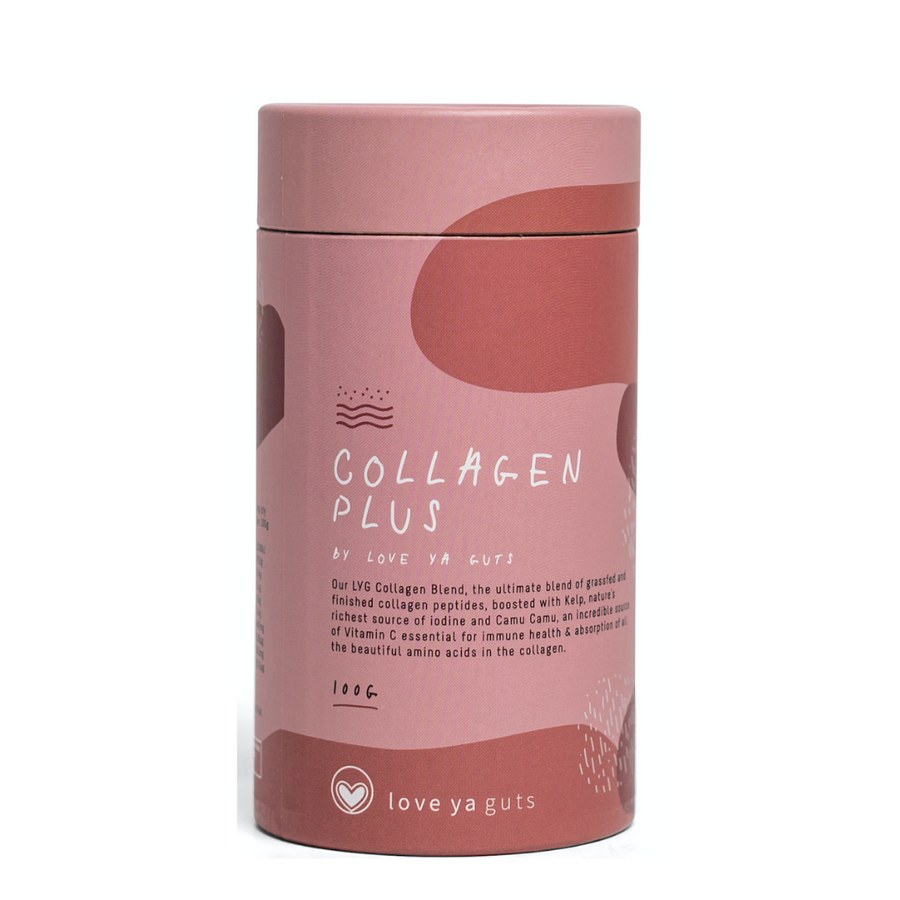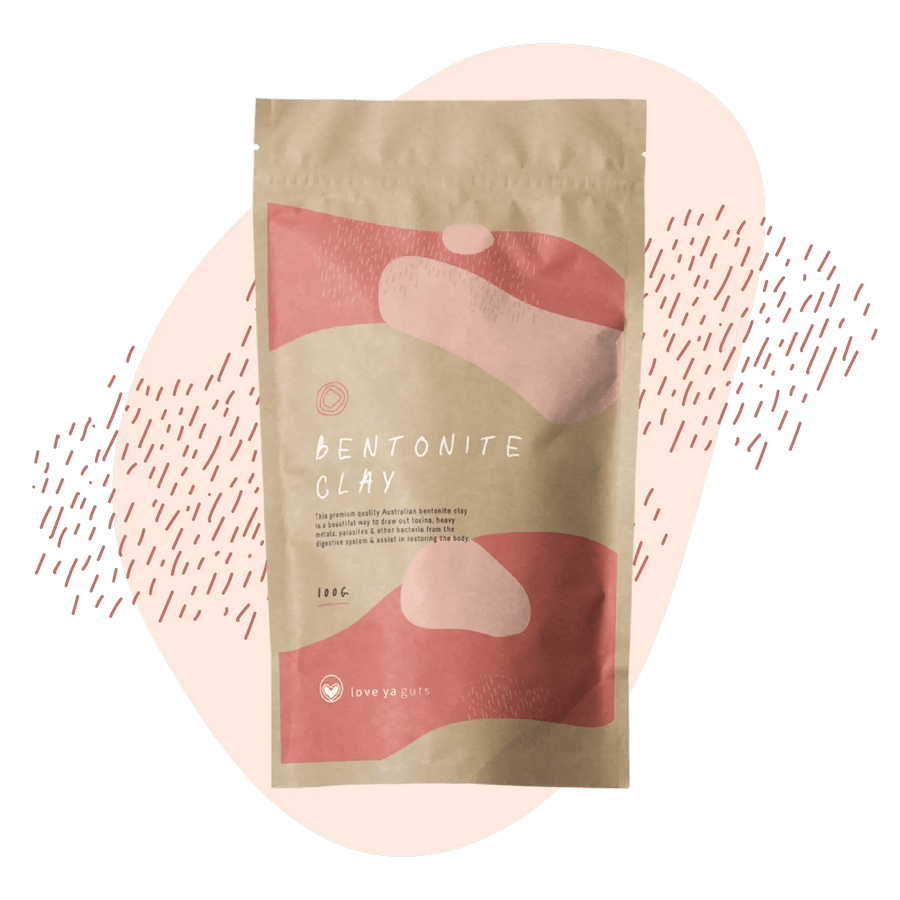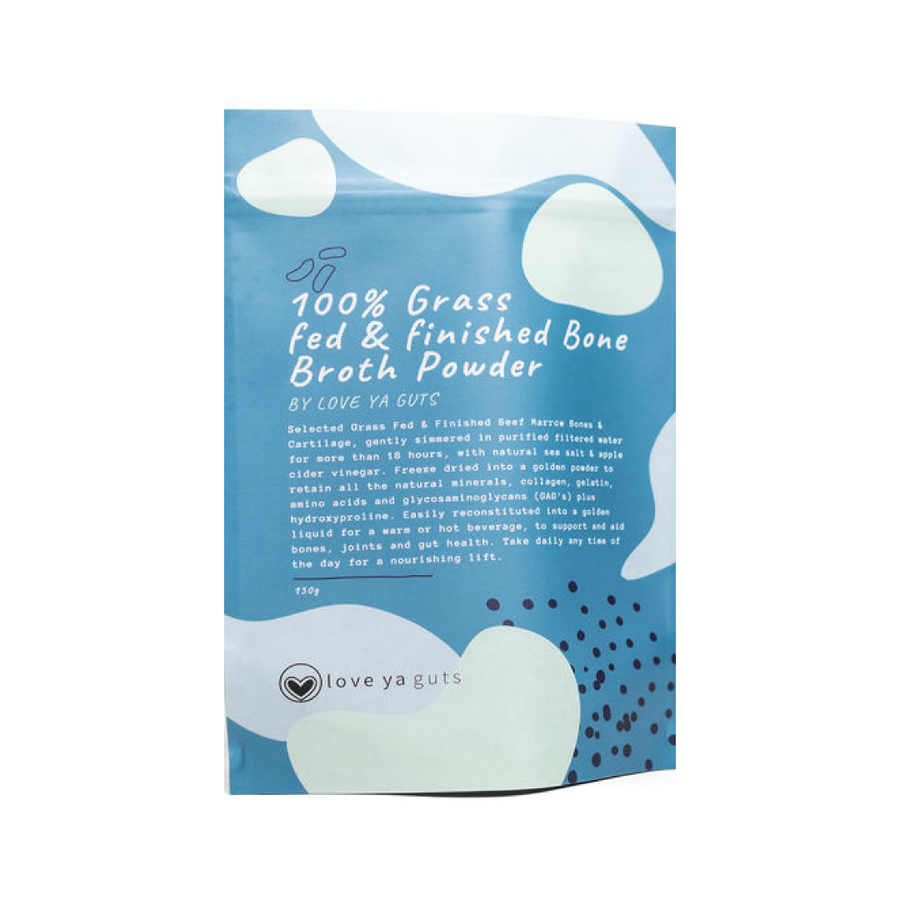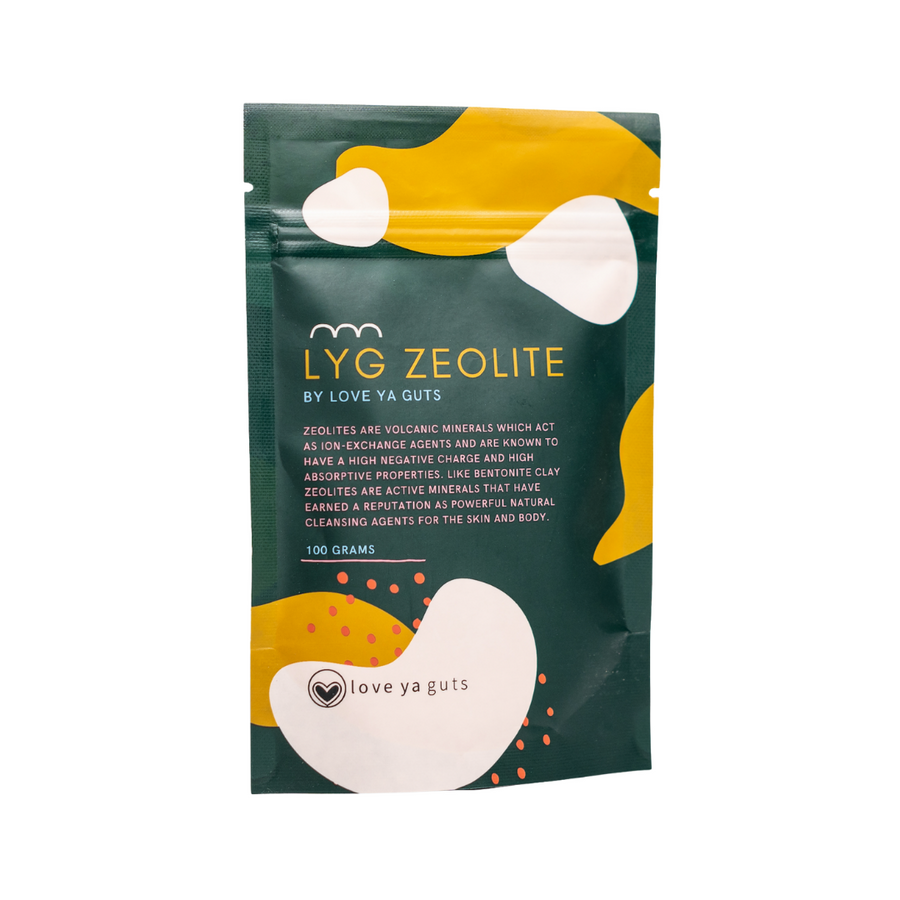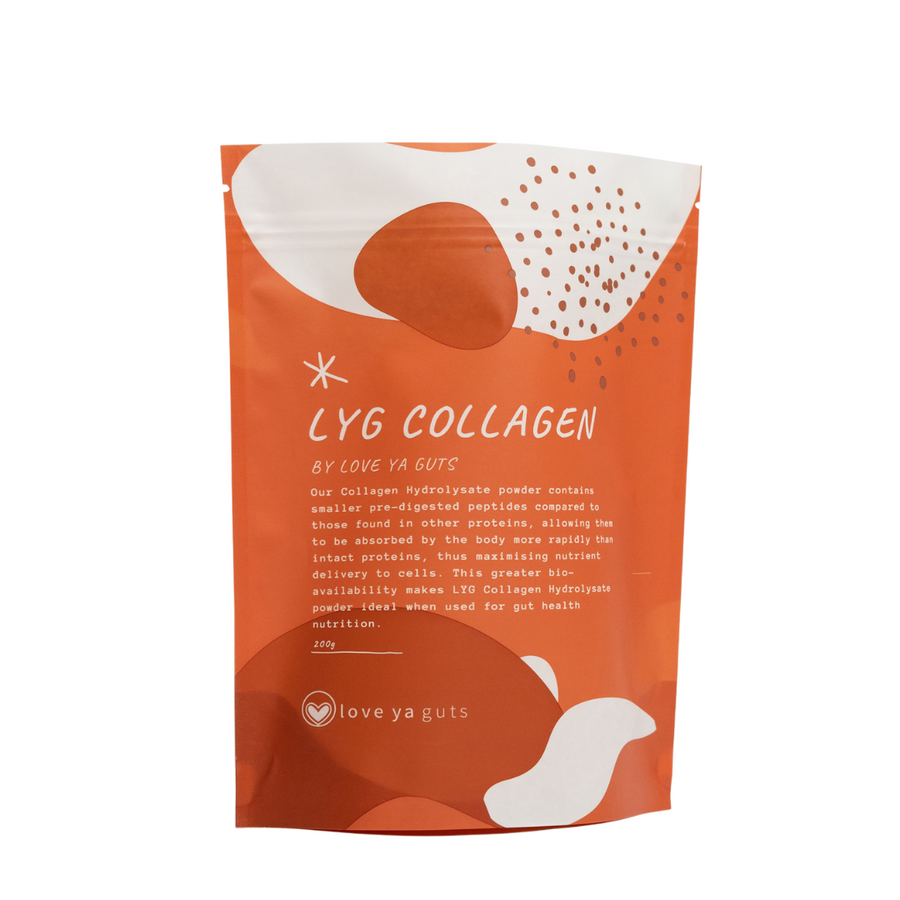Understanding Magnesium: Different Forms and Their Benefits
Magnesium: Types, Benefits, and Uses
Magnesium is a vital mineral that plays a critical role in various bodily functions, including nerve function, muscle contractions, and bone health. It is also involved in over 600 enzymatic reactions in the body, making it an essential nutrient for overall health and wellness. In this blog post, we will discuss the different types of magnesium, their benefits, and the uses they provide.
Types of Magnesium:
- Magnesium Oxide:
This type of magnesium has a high concentration of magnesium, but it has low bioavailability, meaning the body absorbs it poorly. It is often used as a dietary supplement, but it may not be the most effective form for all individuals and why we don't reccomend it.
- Magnesium Citrate:
This form of magnesium has better bioavailability than magnesium oxide and is often used as a laxative to treat constipation.
Benefits: Magnesium citrate may be beneficial for people who experience occasional constipation or irregular bowel movements.
- Magnesium Chloride:
This form of magnesium has high bioavailability, meaning the body absorbs it well. It is often used for magnesium supplementation and as a treatment for magnesium deficiency.
Benefits: Magnesium chloride may be beneficial for people who have low levels of magnesium in their bodies or those who need to increase their magnesium intake for specific health conditions.
- Magnesium Glycinate:
This form of magnesium is highly bioavailable and is often used to support relaxation, calmness, and a healthy sleep cycle.
Benefits: Magnesium glycinate may be beneficial for people who have trouble sleeping or experience anxiety or stress. It can help to promote relaxation and a positive mood.
- Magnesium Threonate:
This form of magnesium is known for its ability to cross the blood-brain barrier, making it an excellent choice for brain health and cognitive function.
Benefits: Magnesium threonate may be beneficial for people who want to support brain health, cognitive function, and memory. It may also help to reduce the risk of age-related cognitive decline.
Uses of Magnesium:
-
Muscle and Nerve Function: Magnesium plays a critical role in muscle and nerve function, including the contraction and relaxation of muscles.
-
Bone Health: Magnesium is an essential nutrient for bone health, as it helps to regulate calcium levels in the body. It also plays a role in the production of bone-building hormones, making it vital for maintaining strong and healthy bones.
-
Cardiovascular Health: Magnesium helps to regulate blood pressure and maintain a healthy heart rhythm. It can also improve blood flow to the heart and reduce the risk of heart disease.
-
Mood and Sleep: Magnesium is often used to support relaxation, calmness, and healthy sleep. It can also help to reduce stress and anxiety, promoting a positive mood.
-
Digestive Health: Magnesium can help to relieve constipation and support digestive health. It can also promote regular bowel movements and reduce bloating and discomfort.
In conclusion, magnesium is a crucial mineral that offers various health benefits. There are different forms of magnesium available, each with its unique benefits and uses. From supporting bone health and cardiovascular health to promoting relaxation, calmness, and cognitive function, magnesium plays a critical role in many bodily functions. It is essential to choose the right form of magnesium based on individual needs and preferences to optimize its benefits for overall health and wellness.
References
-
Rosanoff, A., Weaver, C. M., & Rude, R. K. (2012). Suboptimal magnesium status in the United States: are the health consequences underestimated? Nutrition Reviews, 70(3), 153-164.
-
Firoz, M., & Graber, M. (2001). Bioavailability of US commercial magnesium preparations. Magnesium Research, 14(4), 257-262.
-
Nielsen, F. H., & Johnson, L. K. (2014). Magnesium supplementation improves indicators of low magnesium status and inflammatory stress in adults older than 51 years with poor quality sleep. Magnesium Research, 27(4), 168-177.
-
Veronese, N., Zurlo, A., Solmi, M., Luchini, C., Trevisan, C., Bano, G., ... & Stubbs, B. (2016). Magnesium status in Alzheimer's disease: a systematic review. American Journal of Alzheimer's Disease & Other Dementias®, 31(3), 208-213.
-
Volpe, S. L. (2013). Magnesium and the Athlete. Current Sports Medicine Reports, 12(4), 230-233.
-
Boyle, N. B., Lawton, C., & Dye, L. (2017). The effects of magnesium supplementation on subjective anxiety and stress—a systematic review. Nutrients, 9(5), 429.
-
Sartori, S. B., Whittle, N., Hetzenauer, A., & Singewald, N. (2012). Magnesium deficiency induces anxiety and HPA axis dysregulation: modulation by therapeutic drug treatment. Neuropharmacology, 62(1), 304-312.
Discover How Love Ya Guts Box Can Help Transform Your Gut Health
- Get to the root cause of bloating rather than just treating symptoms
- Improve your mood and mental health
- Soothes the stomach and assist with issues such as IBS symptoms so you can feel comfortable within your body
- Get rid of sugar cravings
- Boosts your metabolism & control blood sugar to make weight loss almost effortless
- Balance hormones so your body can function how it was meant to but also help with having a balanced mood















